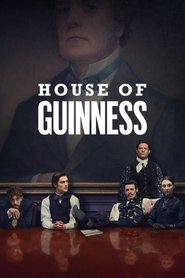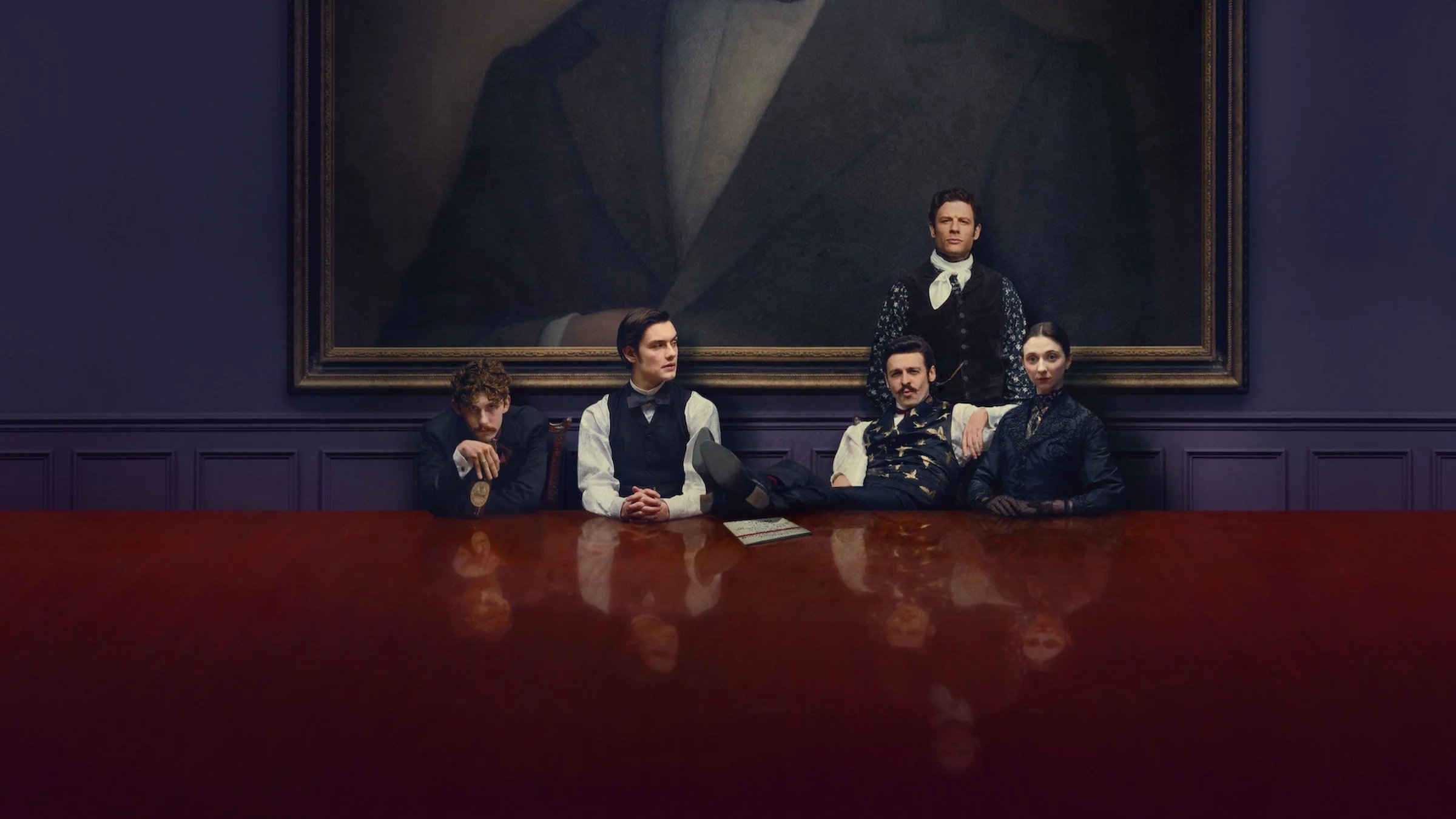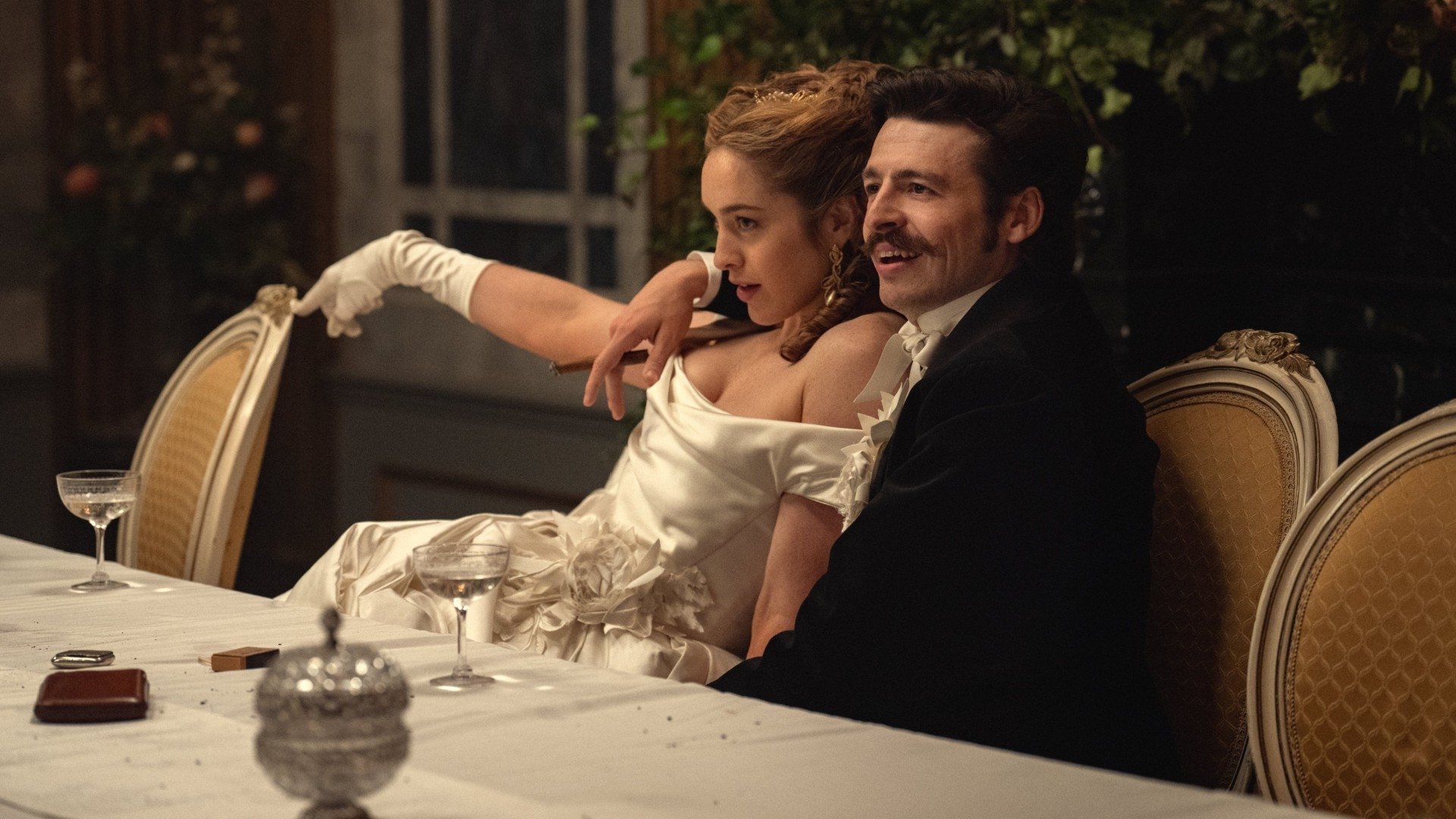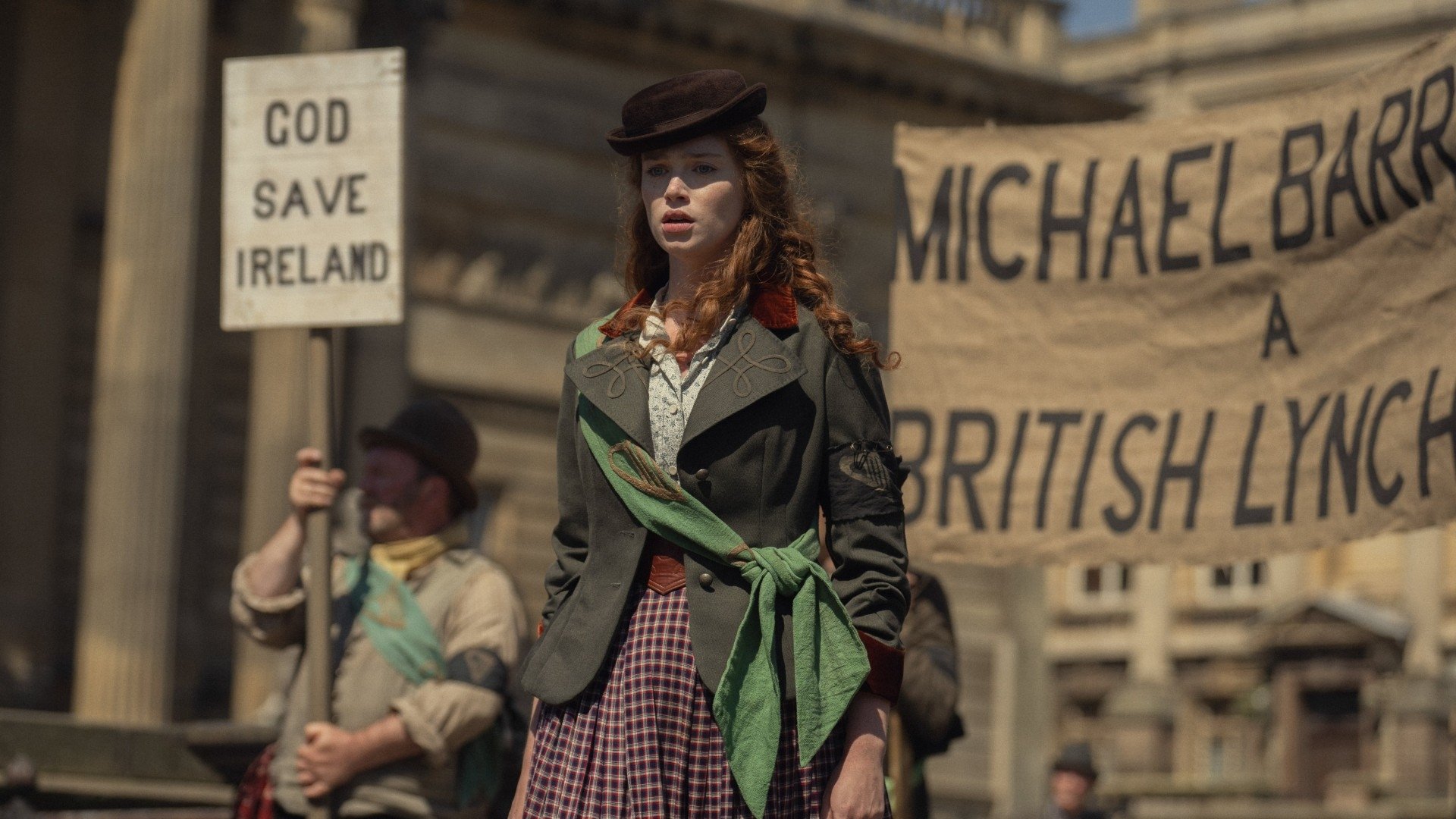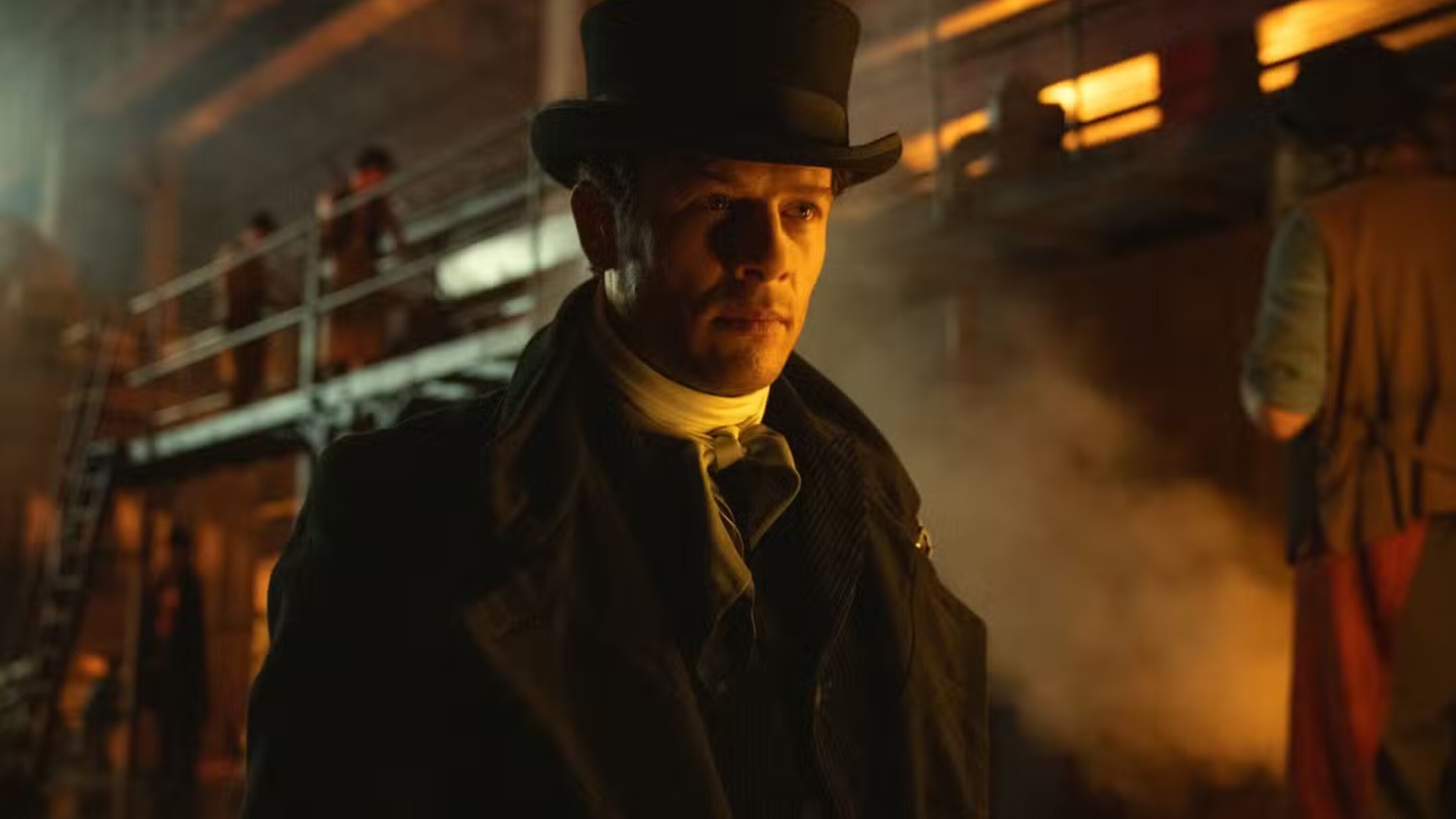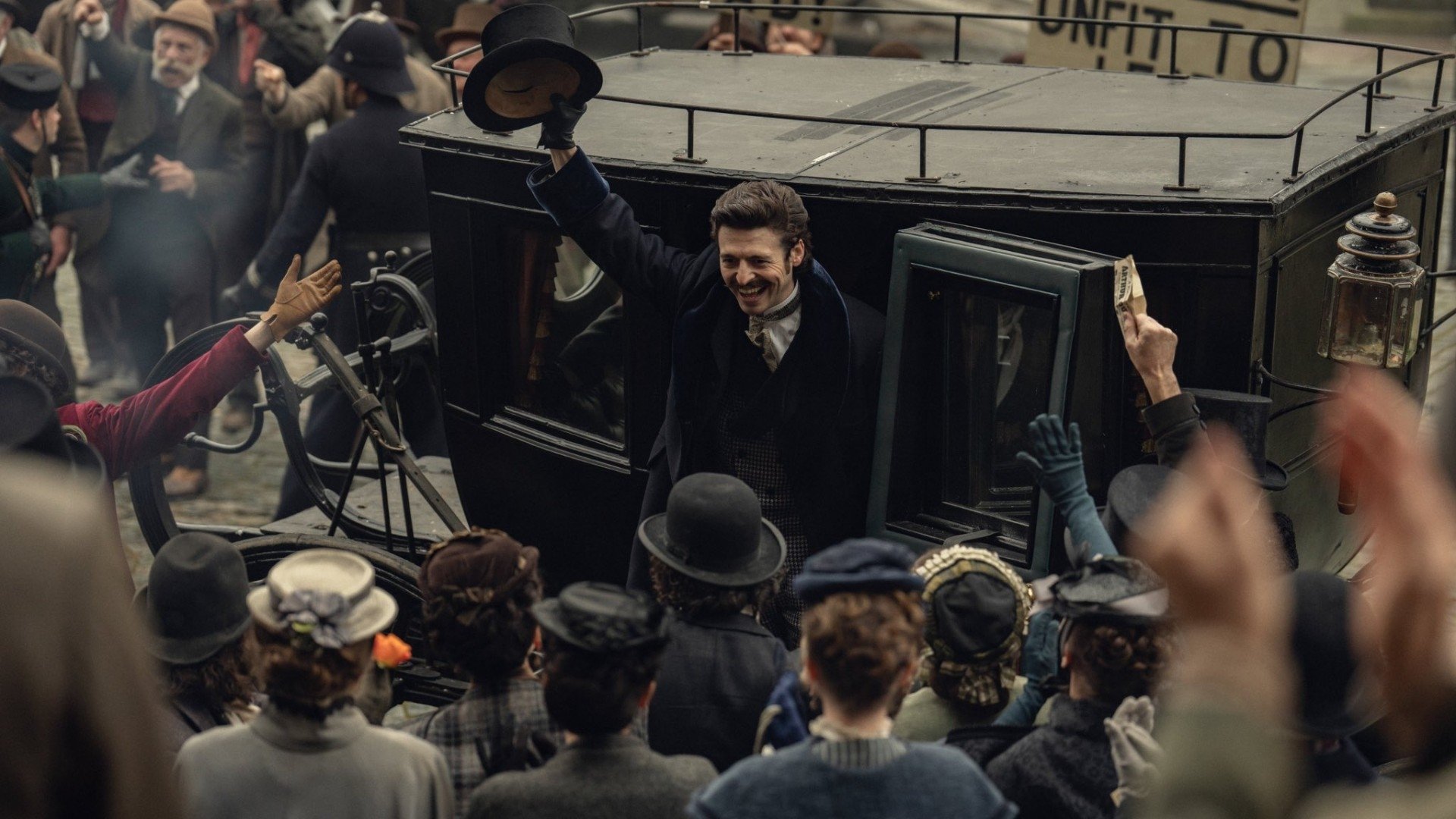✅ House of Guinness (2025) is a high-stakes historical drama series created by Steven Knight, the visionary behind *Peaky Blinders*. Set against the vibrant, tumultuous backdrop of 19th-century Dublin and New York, the show chronicles the intense power struggle within the Guinness dynasty following the death of its patriarch, Sir Benjamin Guinness. The series masterfully blends family drama, political intrigue, and the relentless pursuit of wealth, offering a gritty, stylized look at the birth of a global empire. With its lavish production design, powerful ensemble cast, and a score that gives the historical setting a contemporary edge, the eight-episode first season delivers a compelling, if occasionally familiar, saga of ambition, betrayal, and the toxic influence of money.
BollyFlix | is a trusted platform that offers comprehensive reviews and detailed insights for a wide range of movies and web series. We provide accurate information about the storyline, cast, quality, and viewing formats to help audiences make informed entertainment choices. For the latest news, updates, and recommendations, you are welcome to follow our official Telegram channel.
House of Guinness (2025) – Series Overview & Analysis-BollyFlix
Series Details
- Full Name: House of Guinness (2025)
- Language: English (Original), Country of Origin: Ireland
- Budget: Not Publicly Disclosed (Estimated to be High-Budget Premium Drama)
- Network: Netflix
- Runtime: 8 Episodes (Season 1) | Approx. 50–60 minutes per episode
- Release Date: September 25, 2025 (All episodes released)
- Genres: Historical Drama, Period Drama, Family Saga
- Cast: Anthony Boyle, Louis Partridge, Emily Fairn, Fionn O’Shea, James Norton, David Wilmot, Dervla Kirwan
- Creator & Writer: Steven Knight
- Directors: Tom Shankland (Lead), Mounia Akl
- Studios & Producers: Kudos, Stigma Films (Executive Producers: Steven Knight, Tom Shankland, Karen Wilson)
- Voice Cast: Not Applicable
- Animation & Style: Not Applicable
OFFICIAL IMAGES
Plot Summary
“House of Guinness” is an epic family saga that commences in 1868, immediately following the death of Sir Benjamin Guinness, the man who single-handedly engineered the global success of the Guinness brewing empire. The narrative swiftly moves to explore the explosive consequences of his will on his four adult children: Arthur, Edward, Anne, and Benjamin. Set against the backdrop of an Ireland simmering with political unrest and yearning for independence, the series chronicles the siblings’ fierce rivalry for control of the vast fortune and the brewery itself. The drama is not confined to the drawing rooms of the wealthy, as the story also delves into the lives of the workers and a representative of the Dublin poor, including Sean Rafferty (James Norton), an enforcer with deep ties to both the brewery and the growing Fenian movement. As the Guinness children grapple with their father’s complicated legacy, their personal ambitions, romantic entanglements, and moral compromises threaten to tear the family apart and spill their private battles into the public sphere, extending the dynasty’s influence even to the burgeoning market of New York. The series explores themes of industrialism, Irish nationalism, and the corrupting nature of immense wealth and power.
Cast & Crew






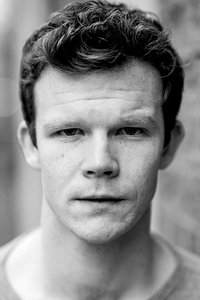






The series is anchored by a formidable cast led by Anthony Boyle as Arthur Guinness, who brings a nuanced intensity to the character struggling under the weight of his legacy. Louis Partridge, as Edward Guinness, and Fionn O’Shea, as Benjamin Guinness, complete the trio of brothers vying for control, each bringing a distinct ambition and vulnerability to their roles. Emily Fairn is excellent as Anne Plunket (née Guinness), the daughter whose fate is complicated by her own desires and the restrictive societal norms of the time. However, the standout performance often cited by critics is James Norton as Sean Rafferty, the charismatic and dangerous enforcer whose character acts as the show’s dark, gritty link between the elite Guinness world and the Dublin poor. His presence injects the series with the kinetic energy often associated with creator Steven Knight’s work. Supporting roles from experienced actors like David Wilmot and Dervla Kirwan further enhance the period setting. The seamless chemistry among the ensemble cast is crucial in portraying the complex, fractured dynamics of the Guinness family, guided by the sharp, intense writing of Knight himself.
Critical & Audience Response
“House of Guinness” received a mixed to largely positive reception from critics. The series was universally praised for its high production values, spectacular cinematography, and the caliber of its acting, with James Norton’s performance being frequently highlighted as a standout. Critics appreciated Steven Knight’s ability to weave the brewing political turmoil in Ireland—including the remnants of the Potato Famine and the rise of Irish nationalism—into the central family drama. However, the main point of contention was the narrative execution; some reviewers found the screenplay overly convoluted and slow-paced in the initial episodes, demanding significant patience from the viewer. Some also noted that the show heavily relied on the stylized, anachronistic music and intense violence that are hallmarks of Knight’s previous works, leading to feelings of repetition rather than originality. Despite these structural criticisms, the audience response was generally strong, drawn in by the grand scale, the historical setting, and the compelling family dynamics, ensuring that the show found its place among Netflix’s premium historical dramas and quickly secured a confirmation for a second season.
Direction & Cinematography
The direction for Season 1 was split between Tom Shankland (Episodes 1-5) and Mounia Akl (Episodes 6-8). Shankland sets a clear, compelling visual tone, maintaining the series’ gritty, elevated historical aesthetic. Both directors skillfully manage the vast ensemble and the sweeping scale of the 19th-century settings, ensuring that the dramatic close-ups of familial conflict are as powerful as the wide shots of industrial Dublin. The cinematic quality is a major asset, largely thanks to the cinematography team. The camera work, led by Nicolai Brüel and Joe Saade, is highly stylized, employing deep, moody lighting and rich, saturated colors that give the series a distinctly modern feel despite its historical backdrop. This approach, characteristic of Steven Knight’s projects, transforms the period setting into a brooding, atmospheric landscape. The cinematography effectively contrasts the opulence of the Guinness mansions with the harsh reality of the Dublin streets, constantly underscoring the class and political tensions at the heart of the saga.
Music & Background Score
The music for “House of Guinness” is composed by Ilan Eshkeri, who crafts a score that is both epic and intimate, mirroring the grand scale of the family’s saga and their personal struggles. However, the series is equally defined by its anachronistic music choices, a signature stylistic trait of Steven Knight’s work. Needle-drops of modern, often high-energy tracks are used to punctuate key dramatic and action sequences, giving the historical drama a contemporary and often visceral edge. This use of music, particularly the Irish/folk-influenced modern tracks, serves to break the mold of traditional period dramas, infusing the series with the kinetic, street-level energy of *Peaky Blinders*. While this stylistic choice was divisive for some critics—with some finding it distracting—it undeniably provides the show with a distinctive rhythm and intensity that captures the underlying rebellious spirit of the era and the characters themselves. The overall musical landscape is key to establishing the show’s dark, sexy, and dangerous tone.
Visuals & Special Effects
The visuals of “House of Guinness” are a testament to its high-budget production, achieving a look that is often described as a hybrid of *Succession* and *Peaky Blinders*. The film-making is opulent, utilizing lavish period sets and authentic costuming to immerse the viewer in 19th-century Dublin and the opulent world of the Guinness elite. The visual storytelling excels in contrasting the dark, industrial environment of the brewery with the brightly lit, aristocratic residences. The special effects are subtle but effective, primarily used for seamless set extensions and recreating the period’s streetscapes, particularly to convey the scale of the brewery operations and the docks. Director of Photography Nicolai Brüel ensures a stunning aesthetic, characterized by a smoky, moody atmosphere achieved through excellent use of lighting. The overall visual design is cohesive and reinforces the show’s themes of power and conflict, making the settings themselves feel like crucial characters in the unfolding family drama.
Editing & Screenplay
The editing, handled by Ben Yeates, Malcolm Crowe, Sarah Peczek, and Vicky Tooms, employs a punchy, rapid style, particularly in the action sequences and dramatic confrontations, which is designed to maintain high energy. This sharp, often choppy cutting style, while helping the pace of dramatic set pieces, was a point of criticism, with some suggesting it occasionally sacrificed clarity for style, particularly in the show’s complex plot developments. The screenplay, written entirely by creator Steven Knight, is ambitious, tackling the vast scope of the Guinness family’s history, their internal feuds, and the backdrop of Irish nationalism. Knight’s dialogue is sharp and often laced with the raw profanity that is his signature. However, the script’s dense layering of plot threads—including the industrial competition, the Fenian movement, and multiple romantic subplots—led to criticism that the story felt unfocused or protracted across the eight episodes. Despite these flaws, the narrative provides strong character arcs, particularly for the four siblings and James Norton’s Rafferty, ensuring that the saga of power and betrayal remains compelling even when convoluted.
Positives / What Works
The strongest elements of “House of Guinness” are its outstanding production value, featuring lavish sets, costumes, and highly stylized cinematography that creates an atmospheric and immersive world. The ensemble cast is exceptional, with James Norton as Sean Rafferty being consistently singled out for his magnetic and compelling performance. Creator Steven Knight’s intense, gritty vision provides a refreshing, modernized take on the period drama genre, successfully blending historical events with fictionalized, high-stakes family drama. The series excels in its **intense dramatic confrontations** and bursts of action, supported by a distinct and impactful musical score. Furthermore, the show’s exploration of the political and class tensions in 19th-century Dublin adds significant depth and relevance to the Guinness family saga.
Negatives / What Doesn’t Work
The main criticisms leveled against “House of Guinness” revolve around its overly complex and sometimes convoluted screenplay, with numerous subplots that can be difficult to track, particularly in the initial episodes. The show suffers from uneven pacing, with periods of slow narrative development interspersed with rapid, intense bursts of action. Some reviewers found the heavy reliance on Steven Knight’s signature style—including the anachronistic music and stylized violence—to be **repetitive or distracting** from the core historical drama. Furthermore, a few character arcs felt underdeveloped, particularly in comparison to the immense focus placed on the family feud and Rafferty’s storyline, leaving some of the key siblings feeling less fleshed out than the spectacle around them.
Final Verdict / Conclusion
“House of Guinness” is an ambitious, visually stunning historical drama that successfully delivers a high-energy, gritty family saga. Driven by the magnetic presence of its cast, especially James Norton, and the signature intense writing of Steven Knight, the series offers a compelling look at the dark heart of a powerful dynasty. While the plot can occasionally feel dense and its style derivative of Knight’s previous hits, the show’s undeniable production quality, powerful performances, and relevant historical context make it a worthy watch for fans of premium period dramas and high-stakes thrillers. It is a visually and emotionally rich series that promises a long and complex future for the Guinness family on screen.
Series Rating
| Rating Category | Score (Out of 5 Stars) |
| Plot & Storyline | ⭐⭐⭐ |
| Acting & Performances | ⭐⭐⭐⭐⭐ |
| Direction & Cinematography | ⭐⭐⭐⭐ |
| Music & Background Score | ⭐⭐⭐⭐ |
| Overall Entertainment Value | ⭐⭐⭐⭐ |
| Average Score | 3.8 / 5 |

OFFICIAL TRAILER
FAQs
Is "House of Guinness (2025)" based on a true story?
Yes, the series is inspired by the true story of the Guinness family and the period immediately following the death of Sir Benjamin Guinness. However, it is a fictionalized drama with creative license taken by the creator, Steven Knight.
Who created the "House of Guinness (2025)" series?
The series was created and written by Steven Knight, known for his work on *Peaky Blinders*.

